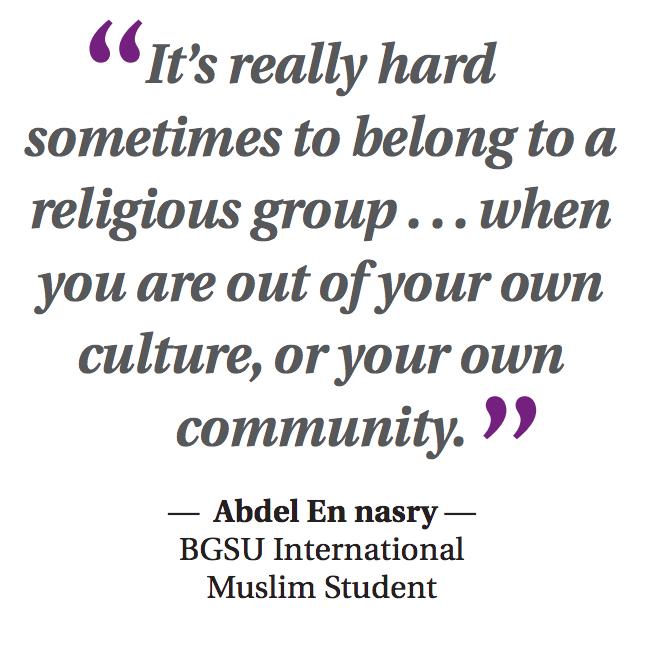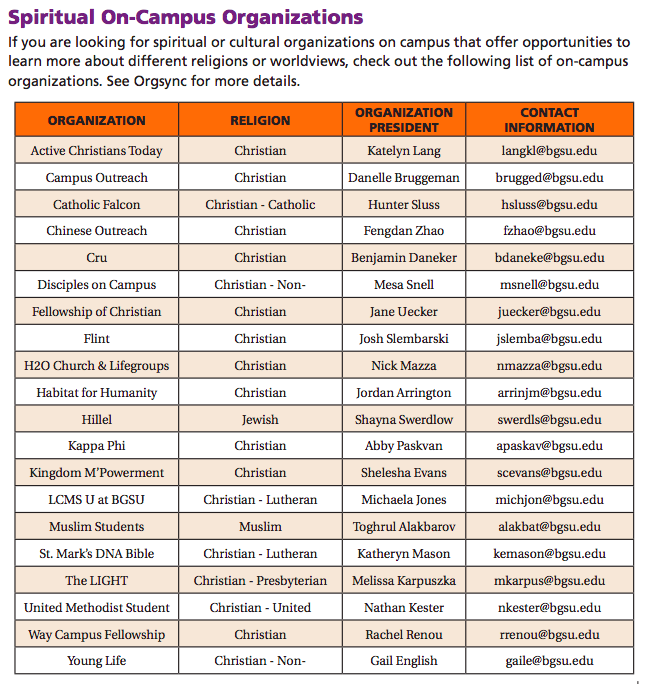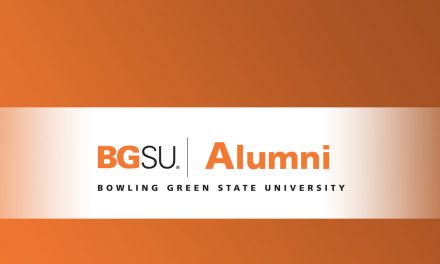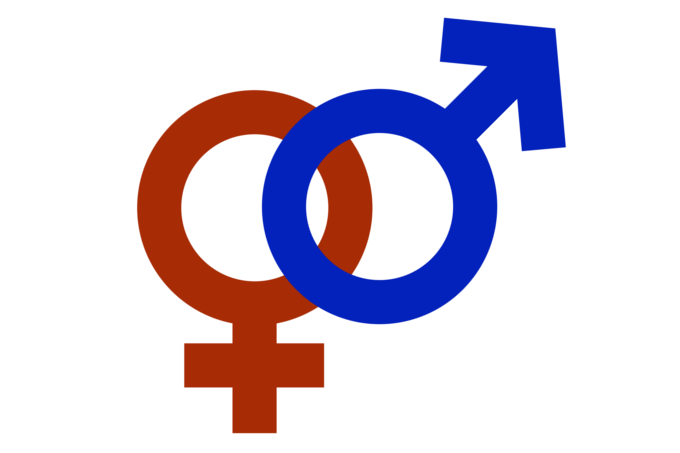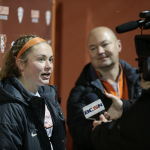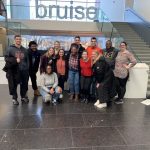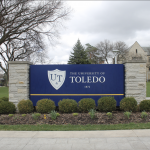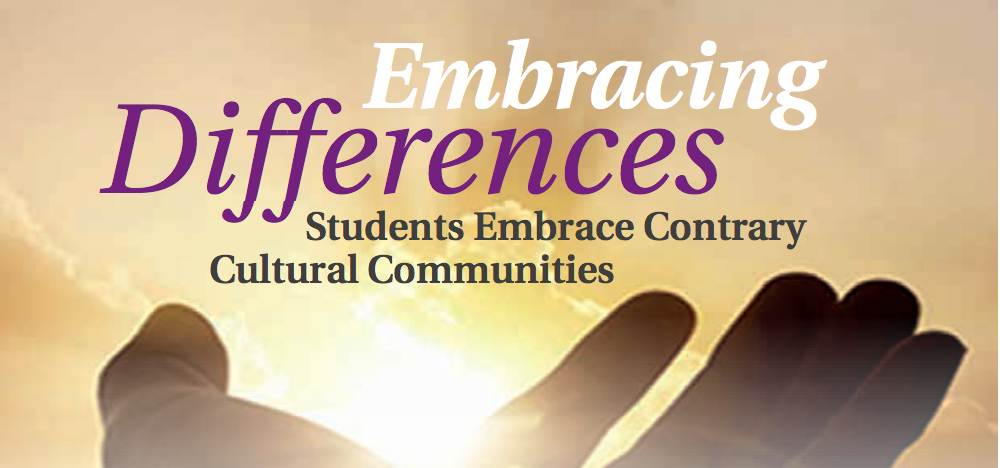
By Brionna Scebbi | Spring 2018
We have differences, but we treasure difference,” Abdel En nasry said. This sentiment was also expressed by Abby Paskvan, even though she is a Christian from Ohio and En nasry is a Muslim from Morocco.
Their faith journeys could not be more different, but the support they received in their college experience from spiritual organizations on campus could not be more similar. One looks to Jesus Christ as the model for how to live her life, while the other looks to prophet Muhammad for guidance in his life.
However, the values they share as human beings—showing love, kindness and acceptance toward others—surmount their cultural and religious differences. These are their stories. As a Muslim international student who has spent nearly three years in Ohio, Abdel En nasry is well aware he is not in Morocco anymore. In Morocco—where 99 percent of the population is Muslim, according to World Atlas—the school and work day carves out time for its citizens to practice their religious duties, En nasry said.
However, as a graduate student studying cross cultural and international education and a graduate assistant for the Global Village learning community here at the University, he has to work around his classes and office hours to pray five times a day, as Islam requires.
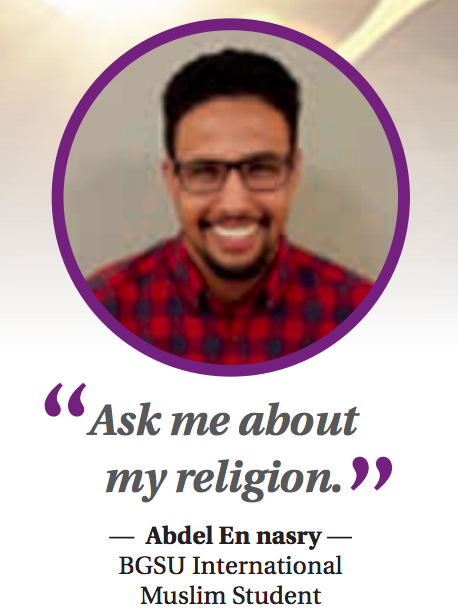
“It’s really hard sometimes to belong to a religious group and then when you move somewhere else, specifically when you are out of your own culture, your own community,” En nasry said.
The challenges presented by this shift go beyond the classroom and workplace. Islam has guidelines about alcohol consumption; it generally forbids intoxicants based on verses in the religion’s holy text, the Quran. En nasry lives in a college town full of bars—and people to invite him to bars—but most Friday nights he chooses to spend his time with the family he has found in the Muslim Students Association.
The Muslim Students Association gathers for prayer and a sermon every Friday afternoon with a potluck social
every other Friday night in Hanna Hall. At the socials, members of MSA play table tennis, charades or trivia games after sharing Pakistani, Moroccan, Bangladeshi, Indian, Azerbaijani and American food representative of the diversity within the Muslim community.
“Say I’m from Morocco and another is from India, the culture is totally different, totally different. Even we speak different languages, but we have that one religion that united us as one, as one community,” Abdel said. This atmosphere of unity is one he tries to create for other international students through his work with the Global Village as a graduate assistant.
Since Islam emphasizes building relationships with and accepting others regardless of differences in race or religion, En nasry’s goal is to connect international and American students to foster lifelong friendships and break down barriers. The supportive communities of MSA and Global Village echo that of the University. Despite the tense political climate, students, and Ohioans in general, have been understanding and welcoming to him as a Muslim international student, En nasry said.
However, not everyone is as tolerant as those on a Midwestern college campus. People often make assumptions about what Muslims believe or have
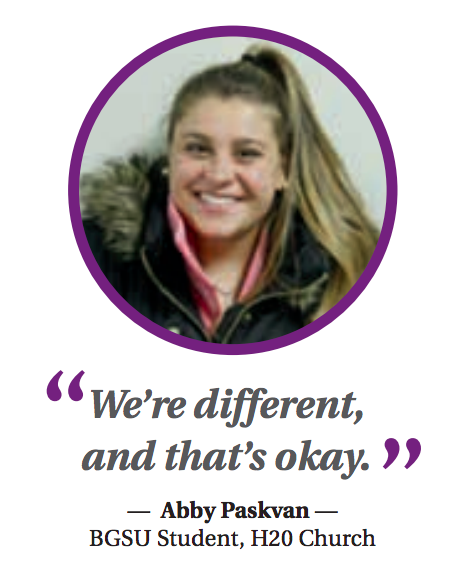
misconceptions about the cultures of countries with high Muslim populations, he said. The solution is communication and education.
“Muslims like to be asked—not to be told—about their religion. Come and ask me about my religion, or read about my religion; don’t just assume or have those misconceptions,” En nasry said.
Now in her senior year, Abby Paskvan cannot imagine how her time at the University would have been spent if it was not for H2O Church. A marketing student with a long record of involvement on campus, she described H2O as the start of it all.
“That planted my roots, and from there I branched out…It made all the difference for me to be rooted and then have those branches be wherever and still know what my purpose was,” she said. Paskvan’s freshman year was a challenging one, and transitioning into college without being a part of an oncampus church community made it one of the hardest periods in her life, she said.
While she saw H2O around campus that first year and felt how inviting the community was, it was not until her sophomore year she started getting involved. “That became a giant part of my life. Music is how I teach others about what God can do in their life and how he can affect people,” Paskvan said.
Finally finding a religious community to support her and her relationship with God, she joined one of H2O’s Life Groups. Life Groups consist of conversation about
faith topics and socialization with other members of H2O. These groups are meant to build fellowship in the church and provide spiritual support for students.
“Having a community of people who believe the same thing that you do is the most empowering thing,” Paskvan said. H2O has also encouraged her to branch out to other organizations such as Kappa Phi and CHAARG. Paskvan is the president of Kappa Phi, a Christian sorority which seeks to deepen its members’ beliefs and act on those beliefs through service.
She is also the membership chair for CHAARG, a women’s fitness organization. Paskvan’s core beliefs of love, kindness and intentional relationships apply most to her involvement in CHAARG. “Loving on a bunch of girls who have no idea where they fit in on this campus or no idea what the next step looks like for them, it’s just I want to love on them.
I want to show them that there’s so much more to life than just where they’re at right now,” she said.
As a member of the CHAARG leadership team, she became close friends with senior Emily Fitch, who both challenged and strengthened Paskvan’s faith as they differed religiously.
“To be able to act on a team together and even go beyond that and be really, really good friends, I think says a lot about just how religion can play a huge part in how you treat others no matter what their beliefs are,” Paskvan said.
